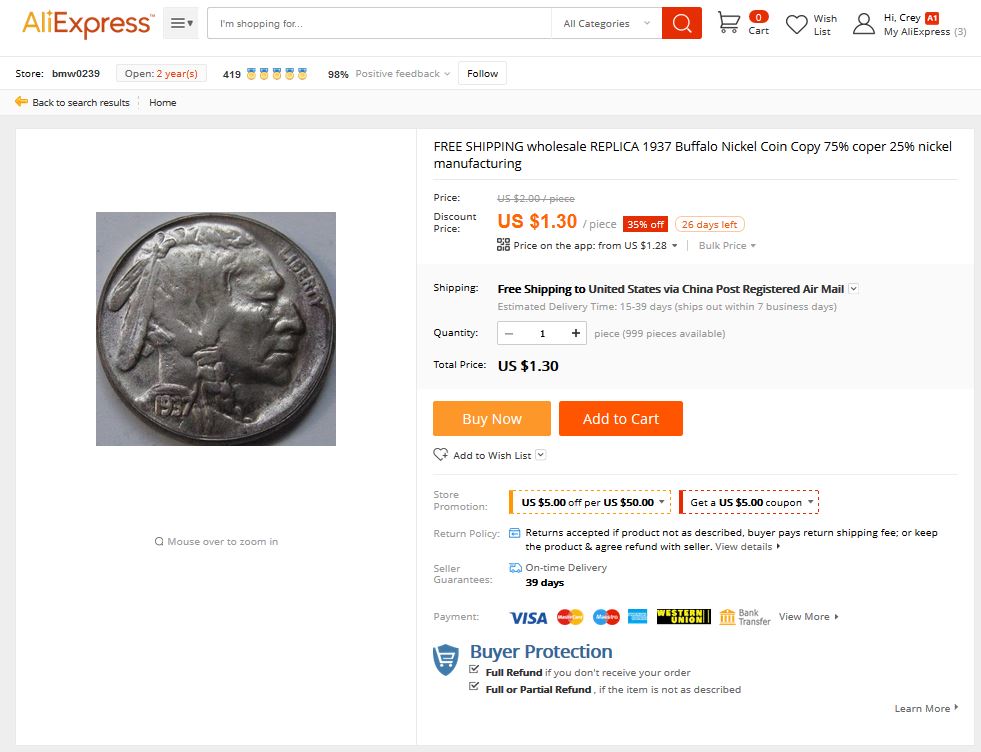US Postal Service Subsidizes China Counterfeit Postage to the US
US manufacturers, retailers and USPS suffer from deep postage discounts.
April 05, 2016, Los Angeles, CA - If you want to sell counterfeit products, you get a big boost from a postage agreement between China and the US Postal Service. Deep postage discounts are available when shipping counterfeit goods from China to the United States.
Under this decades-old arrangement which is overseen by the Universal Postal Union (“UPU”), an agency of the United Nations with participation from nearly every country, national postal services give each other discounted rates known as “terminal dues” on international mail under a certain size and weight. Often, the rate is much less than moving a package across the United States.
Chinese counterfeiters and dishonest sellers use e-commerce websites including eBay, Amazon, and Alibaba to take advantage of deeply discounted China direct shipping to peddle illegal counterfeit goods, an industry expected to top $1.7 trillion this year. China produces over 90% of global counterfeit goods.
Discounted postage rates allow this China seller on AliExpress to sell and send a counterfeit collectable 1937 Buffalo Head Nickel to the United States, First Class Signature Required, for just $1.30. If authentic, the collectable could be worth upwards of $10,000, but consumers get a fake, and the US Postal Service loses money.

(photo credit: TheCounterfeitReport.com )
In terms set out in the UPU treaty, the USPS in 2014 was paid no more than about $1.50 for delivering a one-pound package from a foreign carrier, says The Washington Post. Packages receive USPS First-Class Mail service with Delivery Confirmation Service which makes it hard for the USPS to cover costs. The United States Postal Service (USPS) Inspector General’s office reported that the USPS lost $79 million in fiscal year 2013 delivering this foreign treaty mail.
These postal rates are generally far below rates paid by US retailers and shippers. For example, in 2012, the terminal dues on items from China to the U.S. were about one U.S. dollar per kilogram (2.2 pounds).
The impact of this imbalance has grown over the past five years with the rise of international e-commerce platforms like eBay, Amazon and Alibaba whose sellers offer “free shipping.” US retailers simply can't compete.
Protecting consumers, retailers and product manufacturers from the risks and harmful effects of the global trafficking of counterfeit goods has become an impossible task. E-commerce websites provide an avalanche of counterfeit goods which lack enforcement and oversight, and have a cheap, effective way to reach US consumers.
 |